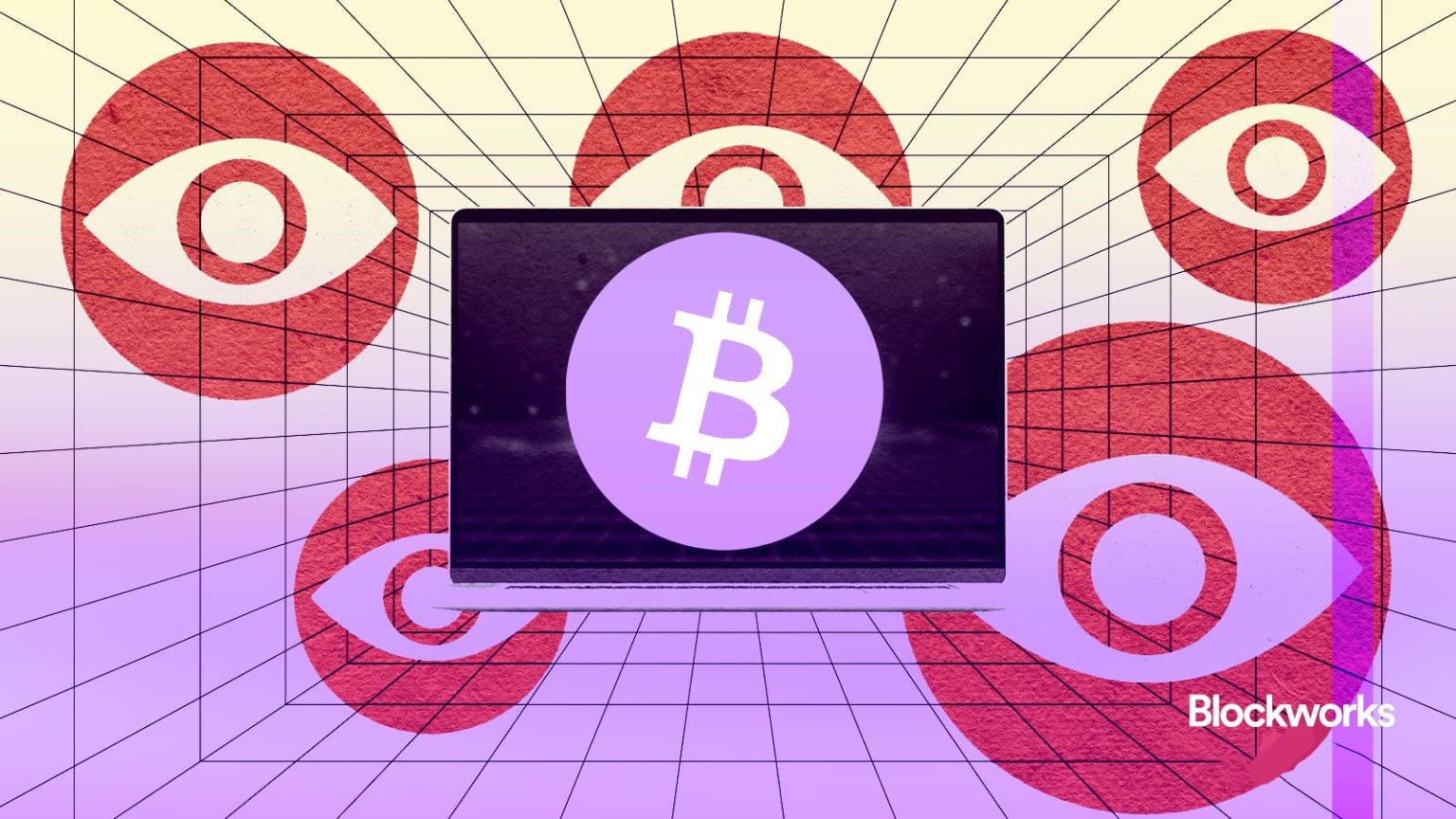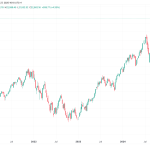Okay, here is the rewrite content formatted in HTML style, suitable for a professional news report.
The article’s excerpt concerns Bitcoin’s perceived dominance despite ongoing government scrutiny, drawing parallels to past government efforts to control encryption. It suggests that despite current support and integration, there remains a significant threat from historical precedents.
Bitcoin’s Ubiquitous Hype
At first glance, Bitcoin appears triumphant. President Joe Biden holds the cryptocurrency in high regard, while regulatory bodies publicly dismiss it, and major Wall Street players embrace its trading and underpin its accessibility through ETFs. Furthermore, the US government’s formal inclusion of both Bitcoin’s asset and underlying technology within its strategic financial oversight further bolsters its perceived status as a legitimate force, even if this assessment holds less weight compared to established assets like gold.
This conjures a buoyant outlook for proponents. Yet, beneath this veneer of dominance, a more cautious perspective arises, even prompting unease among the community of Bitcoin advocates, or “cypherpunks.”
Historical Context: The Clipper Chip and the ’90s Struggle
The potential for government oversight of crypto and personal data carries echoes from earlier technological disputes. Three decades ago, activists prepared for significant opposition to a Senate bill targeting encryption tools.
On June 27, 1995, Senator Chuck Grassley introduced “The Anti-Electronic Racketeering Act
The Clinton administration’s objective was to secure the ability to decrypt all encrypted communications indefinitely, framed as a preventative measure against criminals concealing activities from authorities. This goal was pursued through two interconnected initiatives. Amidst broader efforts, the administration pushed for the Clipper Chip. This government-backed hardware encryption system employed a classified Key Escrow algorithm called SKIPJACK. Crucially, this arrangement mandated that two designated U.S. government agencies hold copies of all encryption keys necessary for decryption. Grassley’s proposed law extended beyond the Clipper Chip. It sought to criminalize using computers to aid racketeering, particularly leveraging the burgeoning power of encryption. Most alarmingly, it mandated the use of shared decryption keys – requiring encryption systems to be decryptable by the US government. Furthermore, it would have made distributing encryption software lacking known backdoors (especially over networks accessible to foreign nationals) a criminal offense. Prominent cyber-cryptographer Phil Zimmermann was a target because of PGP, the revolutionary encryption tool that utilized exportable code, challenging US Crypto Wars restrictions. Governments and Crypto Vulnerability Crucially, the existence of a secret decryption backdoor is antithetical to Bitcoin’s core principles as a decentralized, censorship-resistant network. While officials might not have harbored secret backdoors in the past 15 years, the aspiration could have existed. This mirrors the government’s fundamental incompatibility with truly open, private digital communications. The nature of the encryption debate and the status of Bitcoin have markedly changed since 1995. So too, debated Bitcoin’s trajectory over the last five years. However, Bitcoin’s increasing strategic and economic importance to even the most powerful governments—likely viewed alongside gold—raises the question: will such influential entities exercise restraint? The evidence suggests otherwise. History indicates that when powerful entities perceive a threat or opportunity in a disruptive technology like Bitcoin or pre-Internet encryption, regulation is almost inevitable. The Enduring Government Influence? Perhaps Bitcoin is indeed too vast and established to be suppressed or subverted. Yet, considering all facets of its existence and function, it’s improbable that governmental efforts at significant influence would be absent. The passage of Grassley’s bill, though unsuccessful due to intense opposition, serves as a stark reminder that attempts to control technology are standard governmental procedures, even when aligning less with broader societal benefit than financial preservation.












